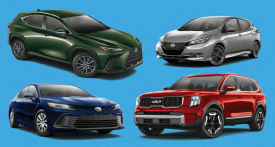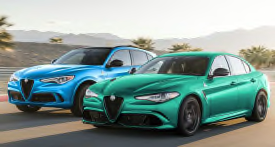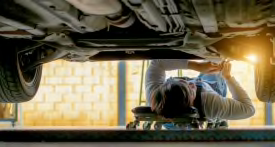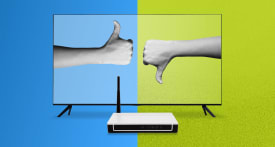Tesla to Open Some of Its Chargers to Non-Tesla EVs
The move was highlighted in a White House announcement on ways EV charging will become more accessible
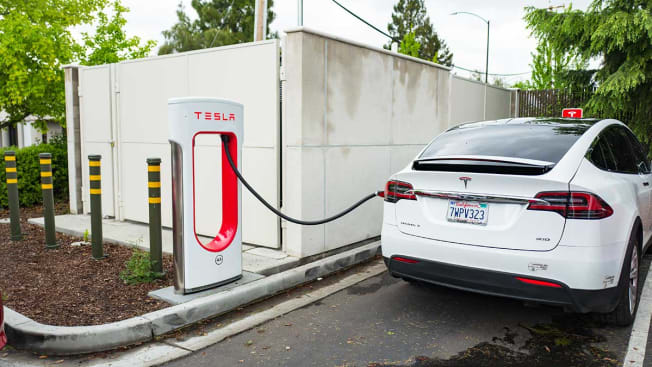
The White House announced today that Tesla will be opening up some of its U.S. charging network to non-Tesla EVs. According to the statement, Tesla will make 7,500 chargers available for use by all EVs by the end of 2024. That will include at least 3,500 superchargers located along highways and destination chargers available at restaurants and hotels in urban and rural locations. Tesla will also more than double its U.S. supercharger network.
“Tesla’s network of fast chargers has been a major differentiator for the brand, and its chargers tend to be more conveniently located and far easier to use than chargers for any other automaker,” says Jake Fisher, senior director of auto testing at Consumer Reports. “Opening up these stations will greatly increase the appeal of Tesla’s competitors,” Fisher says.
"These actions, including both federal and private investments, will go a long way toward improving the charging ecosystem and reducing range anxiety,” says Chris Harto, CR’s senior policy analyst covering transportation and energy sustainability. “However, this is just a start. We’d love to see more coordination across the industry, and for automakers to take more responsibility for ensuring that consumers have a trouble-free charging experience.”
